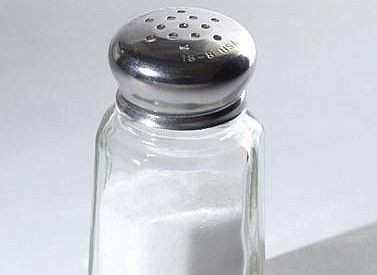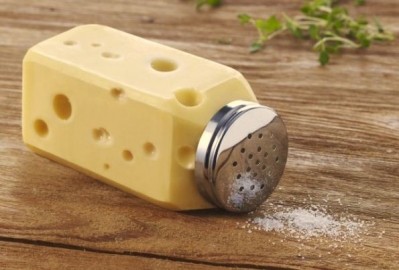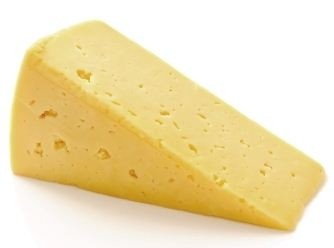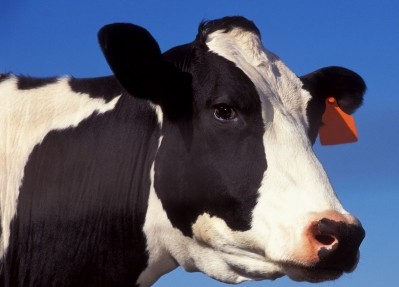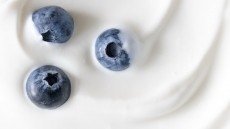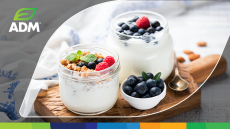‘More salt than seawater’ – Study slams UK cheese salt content
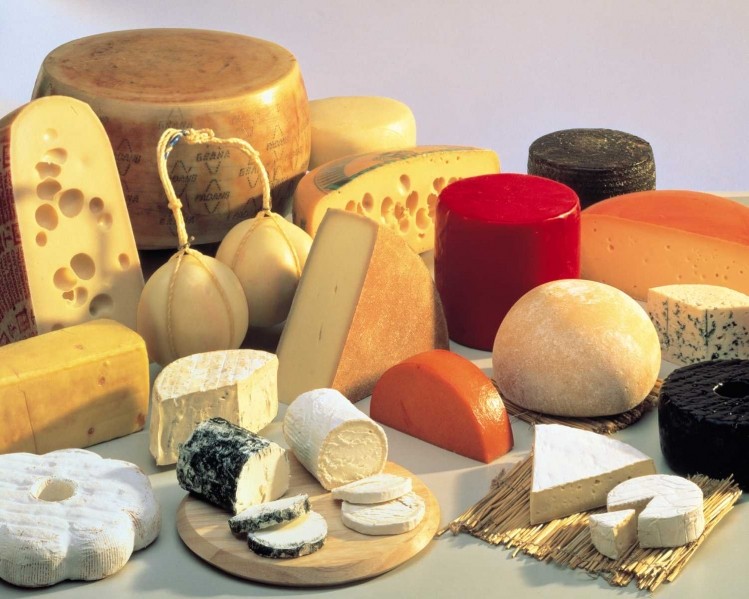
The study, which was conducted by CASH, involved the analysis of 772 UK supermarket-available cheese products. CASH discovered that many popular cheese products “were unnecessarily high in salt.”
Cheddar – the country’s favourite cheese – was found to contain an average of 0.52g per 30g portion - more salt than a packet of crisps. Other cheese products were found to contain more salt than seawater.
On the back of the group’s study, CASH chairman Graham MacGregor has urged the government to “stop dragging its heels” and set a new, lower salt content target for cheese manufacturers.
“The Department of Health must stop its delaying tactics and set new much lower targets for cheese manufacturers, and make sure they achieve them. The cheese industry must comply if we are to save the maximum number of lives,” said MacGregor.
Industry backlash
The CASH study has, unsurprisingly, been met with opposition from the UK dairy industry.
The UK Dairy Council, which provides science-based information on the role of dairy foods, has criticised CASH for drawing health conclusions from a survey that reveals “a lot of what is already known.”
“The CASH survey is mixing up the effect of cheese on health with the effect of salt on health,” said Dairy Council director, Dr Judith Bryans.
“Cheese is a whole food with a complex nutritional make up which has not been shown to cause heart disease or stroke. The National Diet and Nutrition Survey shows that cheese contributes only 4% of the nation’s salt intake.”
Responding to the calls from CASH for government intervention, Bryans added: “Salt is an integral part of the cheese making process.”
“It is not added for taste or flavour but for safety and technical reasons. In actual fact cheese manufacturers have worked very hard to reduce salt levels in their products and worked constructively and positively with government agencies to do this whilst providing products which are nutritious, safe and acceptable to the consumer.”
“We do not think it is constructive to send out a message that a cheese sandwich is not good for you,” she added.
More salt than seawater
Roquefort – a French sheep’s milk blue cheese – was identified as the saltiest cheese in the survey, containing 3.43g of salt per 100g portion.
Cheese Singles, and Cypriot cheese Halloumi followed closely, with 100g portions containing 2.51g and 2.71g of salt respectively.
Salt levels in these cheeses were higher than in seawater.
Meanwhile, salt levels in certain varieties of Mozzarella, Emmental, and Wensleydale were some of the lowest in the survey.
The study also revealed huge variation in salt content between cheese products.
For example, the Co-operative’s Truly Irresistible Piccante Gorgonzola contains nearly 0.98g of salt per 30g portion – six times more than Sainsbury’s Taste the Difference Torta con Gorgonzola, which contained just 0.17g per portion.
